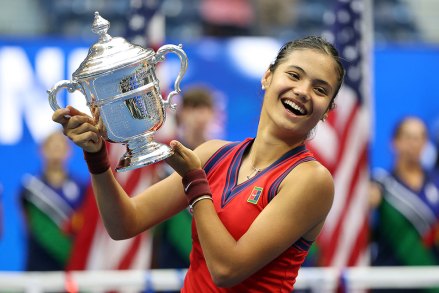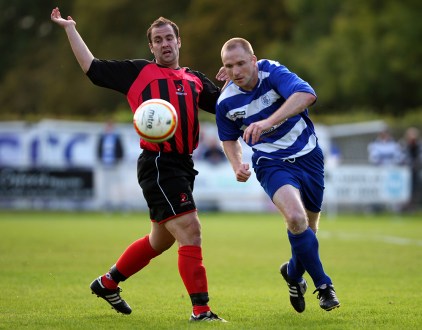Why Keely Hodgkinson is the one to watch at the Olympics
The Olympics have been creeping up on us through the forest of top-class sport this summer. But now they’re here, the third time the summer Games have been held in Paris. The first was in 1900, and reflect what a very different place the world was then. There were old favourites such as track and field athletics and cycling, but less probably croquet, firefighting and fishing and – one to scare the pants off the woke warriors of today – live pigeon shooting, making its one and only appearance at the five-ringed circus. Indeed an Olympic historian, reflecting on the fate of the luckless pigeons, said: ‘This disgusting event marked





















